IDTechEx’s market research has found that while EV fires are less common than their ICE counterparts, when an EV does catch fire, the consequences could be more problematic.
The chemical mixture in an EV battery can prove “extremely volatile and difficult to extinguish”, according to the company.
Data shows EV batteries can generate enough heat that, even when a fire has been extinguished, it can continue to reignite for days, destroying garages and neighbouring vehicles.
Coupled with this is that EV fires can be highly unpredictable.

IDTechEx’s research suggests a third of fires occur when an EV is “stationary, parked and not charging”.
When the types of fire-related recalls are investigated, the data shows that EVs are typically recalled for a battery short or manufacturing issue whereas hybrid and ICE vehicle recall reasons are more wide-ranging and include things like fuel leaks and electrical shorts.
There are a number of reasons why a battery can enter ‘thermal runaway’ – improper thermal management, manufacturing defects, overcharging or vehicle crashes.
Once a cell enters thermal runaway, it releases volatile gases and significantly increases in temperature making it difficult to stop that cell propagating to other cells.
“This is where material advancements and proper thermal management come into play,” said IDTechEx.
“The thermal management system and materials are key to keeping the batteries in the optimal temperature range and thermal insulation and fire protection materials are designed to limit or prevent further propagation of a thermal event across the battery pack.”
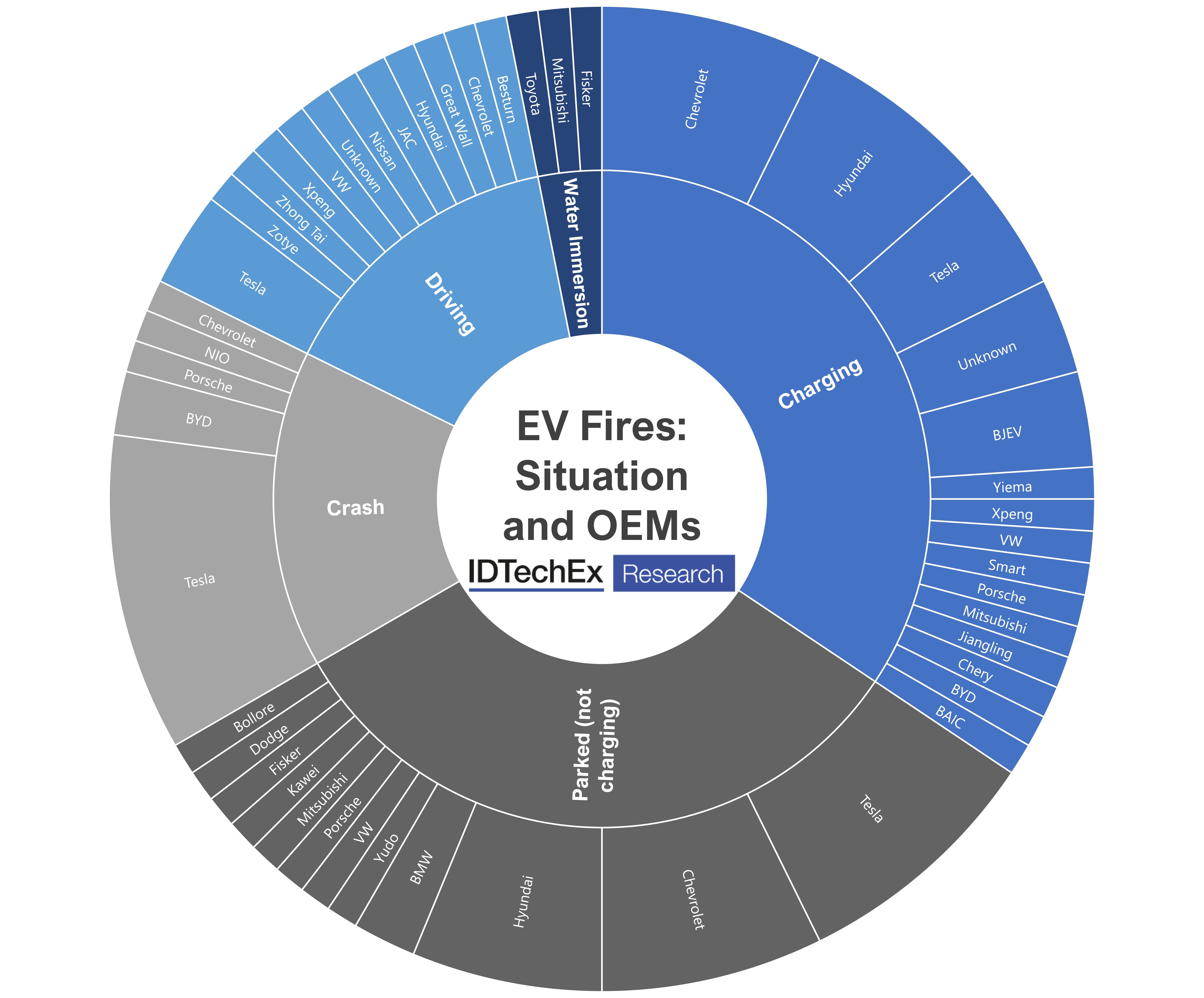
As thermal runaway-related regulations may become stricter, and given the above concerns, OEMs are trying to find ways of making their EV battery packs as safe as possible. This has resulted in several opportunities for development around the cells within battery packs, including thermal interface materials (TIMs), thermal insulation, dielectric materials or coatings and fire-retardant materials.
With more regulations and further focus from OEMs, we can only expect EVs to become even safer.

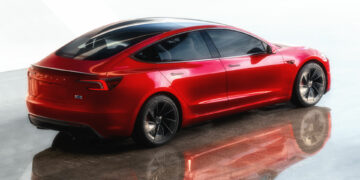
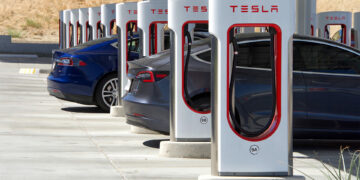


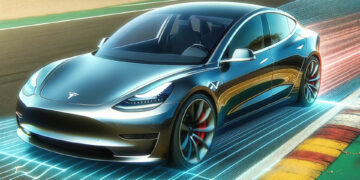
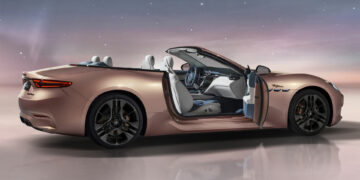

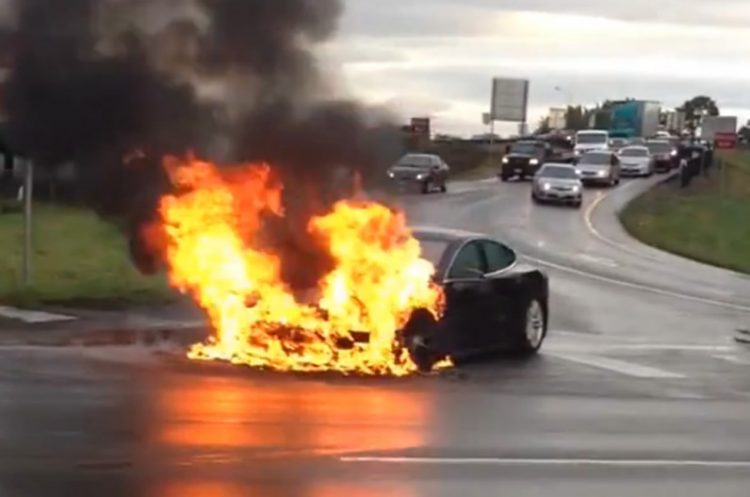









Discussion about this post